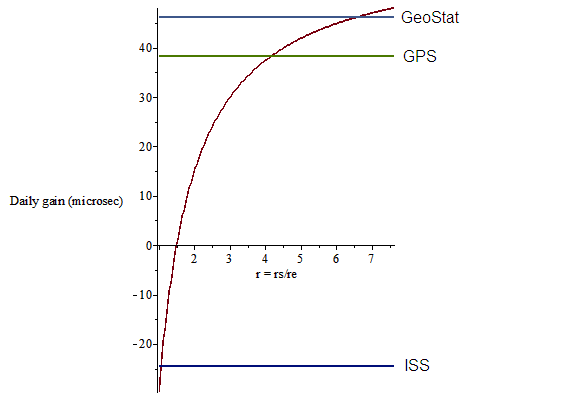
According to Planck, and later Einstein, there is a theory that things may appear relative to the observer. A common example used in this theory is that of time dilation. This concept states that time can appear to move at a different rate depending on either the relative movement between the two observers, or if they are observing from different gravitational masses.
It’s a pretty interesting idea. To take something that we thought was a constant measurement, and then realize that its constant nature is only relative to the person observing it.. I feel that I recently encountered that same notion when it comes to money, and want to explain the process here today.
When is an hour not a hour?
Or when is a dollar no longer a dollar? Without the theory of time dilation this concept doesn’t make sense, because a second is always a second, and a dollar is always a dollar. But there comes a point when the relative value changes. At the last conference I attended I was talking to someone about how I was starting to change my view on collecting Gas Rewards based upon the underlying price of gasoline. I could feel that something was changing, but couldn’t quite grasp the reason why.
Gas rewards are worth up to $2.20 discount per gallon, to a max of 35 gallons per transaction. That’s $77 right there. It is $77 ‘free money’ whether the price is $10 per gallon or $2.20 per gallon. While I’ve always been opportunistic about collecting these rewards, I’d certainly be ‘more inclined’ to go out of my way 5 minutes when gas was $4 per gallon. And since it has dropped I see very little reason to do so. When I explained this to my friend at the conference we both agreed that it was ‘still $77′. So what changed in me?
Interestingly I have spoken to a few other people about it also, and some agree with me that the value has depreciated, whereas some argue it must be a constant. My hypothesis on this is that we are looking at the theory of relativity in relation to cash flow. On a monthly basis, we might go through perhaps 100 gallons of gasoline. When that was at $4 per gallon it was a $400 line item on the budget and enough to ‘pinch’ other things. When it became $220 the pressure was released from the budget and we could continue about our way without the pressure.
That said, I am not sure we actually ever really felt the pinch, but it was there psychologically – it ‘seemed’ to be a lot so we worried about it, and therefore took pleasure in reducing that cost beyond what we might otherwise do. When the pressure was alleviated as gas prices dropped our relative value declined, and pushed it passed the point where we might be worried about reducing the bill.
Is this evolution?
I’ve been thinking a lot about the evolution of wealth. I believe at some stage you must be willing to let go of what you consider ‘good money’ in order to achieve ‘great money’. I’ve done this in the past many times when I have quit jobs at, or just below the peak of the salary curve. One example was when I was about to become Casino Manager on a cruise ship – an absolutely fantastic position to hold… within that reality. Instead, I quit and moved to another country with no job or money, and managed to get something that paid about 10x as much.
When it comes to money, is it possible for you to walk away from $77, or will it always be $77 that could be in your pocket?
The post The Relativity of Money appeared first on Saverocity Finance.
Continue reading...
